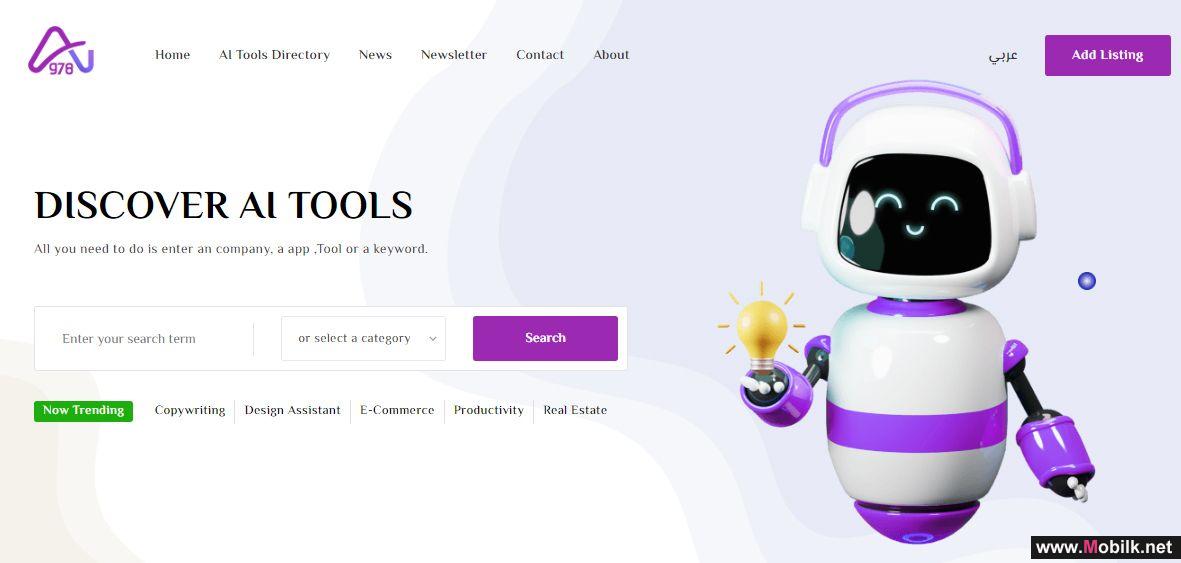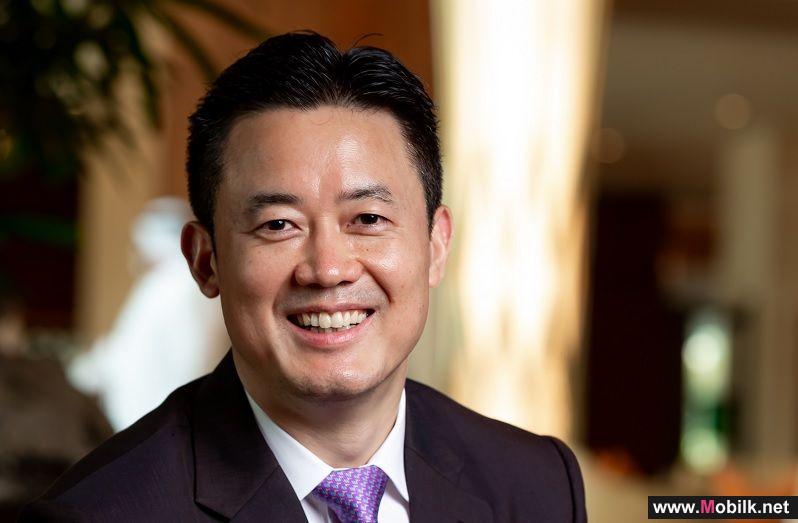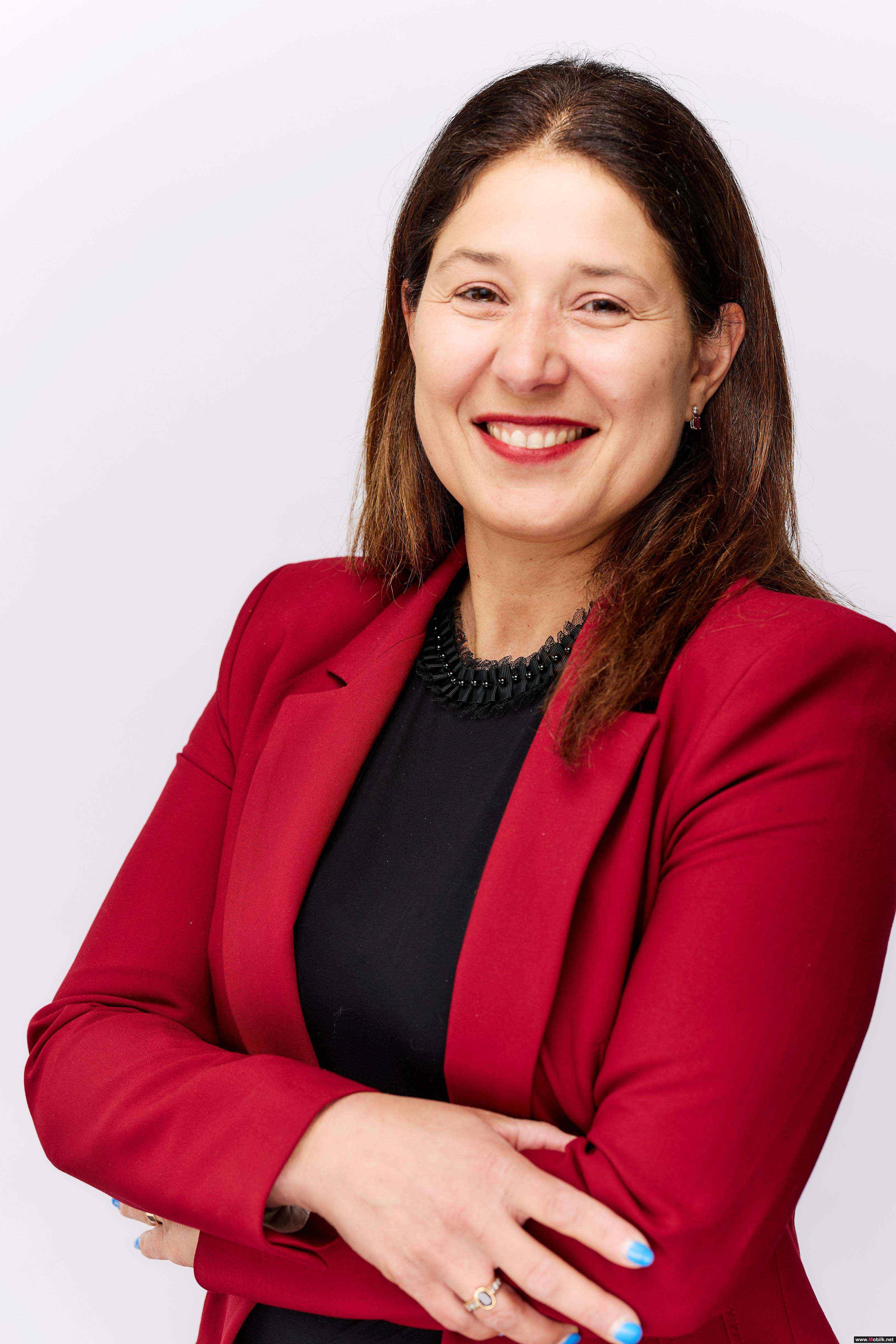-

- Home
- News
- Providers
 Vodafone Oman
Vodafone Oman Emirates Telecom
Emirates Telecom  Ooredoo Om
Ooredoo Om Ooredoo Qa
Ooredoo Qa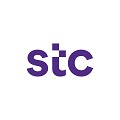 stc Bahrain
stc Bahrain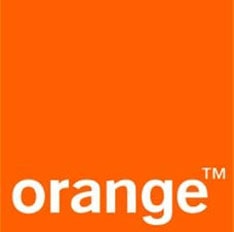 Orange Egypt
Orange Egypt Mobily
Mobily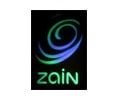 Zain Jo
Zain Jo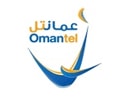 omantel
omantel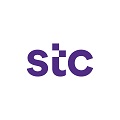 STC
STC Emirates Du
Emirates Du Asiacell
Asiacell Etisalat Egypt
Etisalat Egypt  Telecom Egypt
Telecom Egypt jawwal
jawwal Orange Jo
Orange Jo Umniah
Umniah Zain Sa
Zain Sa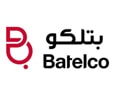 Bahrain Batelco
Bahrain Batelco Zain Bh
Zain Bh Wataniya palestine
Wataniya palestine Kuwait Viva
Kuwait Viva  Zain Kw
Zain Kw Vodafone Qa
Vodafone Qa MTN Syria
MTN Syria Syriatel
Syriatel Sabafon
Sabafon Zain Iq
Zain Iq MTN Yemen
MTN Yemen Ooredoo Kw
Ooredoo Kw Vodafone Egypt
Vodafone Egypt  Samatel
Samatel
- Phones
 Huawei
Huawei Samsung
Samsung MOTOROLA
MOTOROLA Alcatel
Alcatel Nokia
Nokia LG
LG Lenovo
Lenovo Sony Ericsson
Sony Ericsson HTC
HTC BlackBerry
BlackBerry Siemens
Siemens Acer
Acer Asus
Asus Sony
Sony VK
VK APPLE
APPLE BenQ-Siemens
BenQ-Siemens Sagem
Sagem Eten
Eten HP
HP Panasonic
Panasonic Amoi
Amoi Toshiba
Toshiba Sharp
Sharp Sonim
Sonim Bird
Bird Mitac
Mitac Philips
Philips Pantech
Pantech Micromax
Micromax Vertu
Vertu I-mate
I-mate Maxon
Maxon Haier
Haier Gigabyte
Gigabyte Kyocera
Kyocera I-mobile
I-mobile BenQ
BenQ Telit
Telit Microsoft
Microsoft Connect
Connect Sendo
Sendo SEWON
SEWON Mitsubishi
Mitsubishi DELL
DELL Thuraya
Thuraya NEC
NEC Be
Be Neonode
Neonode Qtek
Qtek Bosch
Bosch MWG
MWG Palm
Palm XCute
XCute Fujitsu Siemens
Fujitsu Siemens WND
WND Innostream
Innostream INQ
INQ O2
O2 Benefon
Benefon Google
Google Infinix
Infinix Realme
Realme Xiaomi
Xiaomi OnePlus
OnePlus Oppo
Oppo Tecno
Tecno Vivo
Vivo
- Tablets
- Compare Cell Phones
- AI tools directory
- About us
- Press releaseKingston IronKey Keypad 200 Series Achieves NIST’s FIPS 140-3..
- Cisco Unveils New Cisco 360 Partner Program, Built with Partners for the AI..
- e& achieves “Running on ODA” accreditation from TM Forum, advancing its..
- center0Veeam Enables Unifrutti Group to Achieve 99.995% Availability and Cut..
- center0Veeam Enables Unifrutti Group to Achieve 99.995% Availability and Cut..
- center0Veeam Enables Unifrutti Group to Achieve 99.995% Availability and Cut..
- Weaponised AI Is Powering the Fifth Wave of Cybercrime, Group-IB WarnsDark web..
- Nissan debuts Klipsch Premium Audio System on iconic Patrol in the Middle..
- Infoblox Enhances Skilled to Secure Partner Program with New Service Provider..
- Infoblox Enhances Skilled to Secure Partner Program with New Service Provider..
Mobilk.net offered in
العربية






